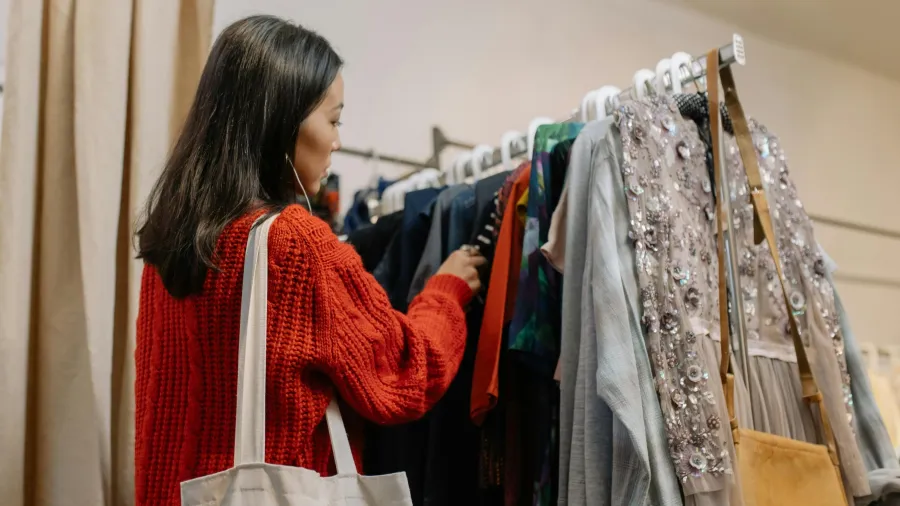
Retailers must regain trust of stingy consumers
Sellers need to adapt and engage with more customers to avert a decline in sales.
For months now, some TikTokers — mostly Gen Zs and Millennials — have been flaunting how they’ve been using worn-out shoes for years, or how they own furniture that’s been passed down through generations.
It’s the “underconsumption core” hashtag that has been used in about 16,000 videos on the social media platform, reminding people to use up the products they have and buy only the things they need. It’s a trend that retailers should watch out for.
“It has a lot to do with the sense of insecurity about what is happening,” Mario Braz de Matos, CEO at Flying Fish Lab, told Retail Asia. “The younger generation is prioritising experiences over owning an expensive car.”
He added that the digital world is making young people realise they do not need 200 pairs of shoes or a clothing haul.
Simone Morandi, Asia-Pacific commerce lead at Accenture Song, said more people are questioning the content they are served online, leading consumers to tone down their purchases.
About 62% of people say that trust is an important factor to them when choosing to engage with a brand, according to Accenture’s Life Trends 2025 report, a 6% increase from last year.
Morandi said a flood of scams is blurring the line between what is real and fake, disrupting consumer purchases. He added that 48% of global consumers feel pressured by the constant promotion of products online.
“These lead consumers to ask if they [really] need a product. It undermines consumer confidence and contributes to underconsumption,” he added.
Matos said the key challenge is how retailers can stay relevant amidst the push against overconsumption.
“Retailers need to adapt their offerings to engage multiple consumers,” he said. “Failure to respond will lead to a significant revenue decline over time. It's not a matter of if but a matter of when it happens.”
Morandi said using generative artificial intelligence (genAI) has been a double-edged sword. Whilst it has quickened the rollout of promotional videos, consumers are drowning in too much information.
“By using AI responsibly and understanding where consumers need additional support, companies can alleviate consumption concerns, ultimately encouraging more confident consumer behaviour,” he said.
The underconsumption trend is expected to continue especially in urban areas in expensive regions like Singapore and Hong Kong, where the rise of thrift shops is evident. “In Singapore, thrift shops are booming as salaries are not keeping up with living costs," Matos said.
In contrast, the trend may not resonate as strongly in rural areas, especially in developing countries like Indonesia, Vietnam, and the Philippines, where consumers continue to seek essential goods, he added.

















 Advertise
Advertise







